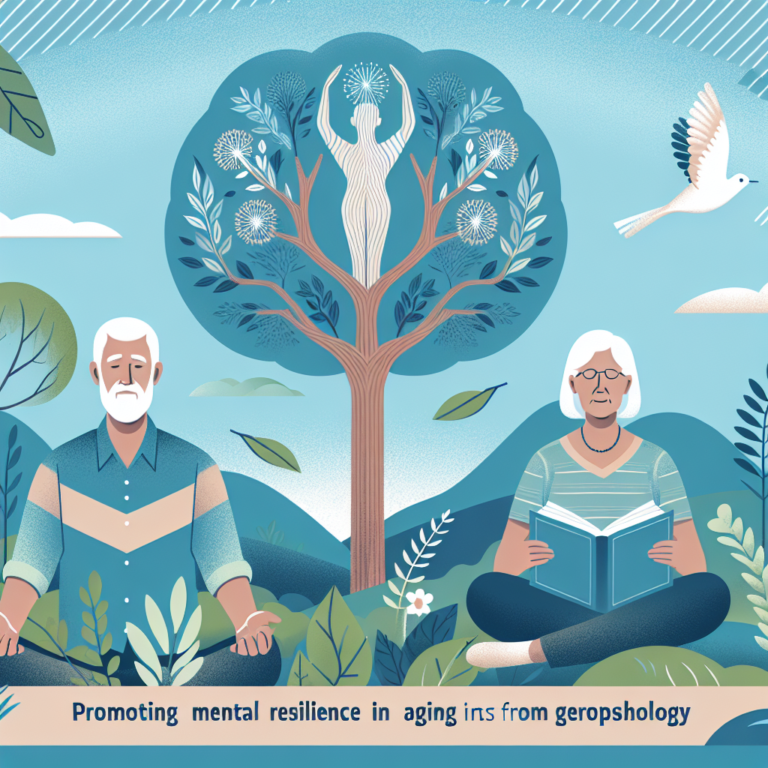
Introduction
In today’s society, the struggle with substance abuse is a formidable issue, affecting millions of individuals and families across the globe. The journey to recovery can often seem daunting and overwhelming, yet it is also a pathway to hope, resilience, and rebirth. Central to this transformative process is substance abuse counseling, a vital component that aids individuals on their journey to recovery. Understanding Pathways to Recovery: The Role of Substance Abuse Counseling in Healing underscores not only the intricacies of addiction but also the profound impact that professional guidance can have on healing and thriving in life.
The Importance of Substance Abuse Counseling
Addiction is a complex crisis, rooted not only in physical dependence but also psychological and emotional factors. Substance abuse counseling forms the backbone of recovery strategies that focus on healing the whole person rather than merely addressing the addiction.
The Landscape of Substance Abuse
Before delving deeper into counseling’s role in recovery, it’s crucial to understand the different types of substance abuse. According to the National Institute on Drug Abuse, substances can range from alcohol and prescription medications to illegal drugs like cocaine and methamphetamines. The consequences of these substances are severe, not only for the individual but also for their loved ones and community.
Understanding Pathways to Recovery
Defining Recovery
Recovery is more than merely abstaining from substance use; it involves a holistic approach that includes mental, emotional, and social well-being. The Substance Abuse and Mental Health Services Administration (SAMHSA) delineates several dimensions of recovery, which include health, home, purpose, and community. Recognizing these dimensions sheds light on how substance abuse counseling can assist individuals in navigating their unique pathways to recovery.
The Counseling Process
Substance abuse counseling typically involves a combination of therapeutic modalities, including cognitive-behavioral therapy (CBT), motivational interviewing, and group therapy. Each of these approaches serves different purposes in the healing process:
Cognitive-Behavioral Therapy (CBT): Helps clients identify and change negative thought patterns that contribute to substance use.
Motivational Interviewing: Assists individuals in finding their intrinsic motivation to engage in the recovery process.
- Group Therapy: Provides social support and reduces feelings of isolation, allowing participants to share experiences and learn from one another.
Case Studies: Success Stories in Recovery
Case Study 1: Lisa’s Journey through Cognitive-Behavioral Therapy
Background: Lisa, a 34-year-old mother of two, struggled with alcohol addiction for over a decade. After hitting rock bottom, she decided to seek help.
Counseling Approach: Through a structured CBT program, Lisa learned to challenge her cognitive distortions related to self-worth and alcohol use.
Outcome: After six months of regular sessions, Lisa reported feeling more confident and equipped with coping strategies. Her relationships improved significantly, and she actively participated in community support groups.
Relevance: Lisa’s story highlights how CBT, a pivotal method within substance abuse counseling, can foster personal growth and change.
Case Study 2: James’ Transformation through Group Therapy
Background: James, a 28-year-old veteran, faced addiction issues after returning home from deployment. His isolation intensified his dependence on opioids.
Counseling Approach: Encouraged by a friend, James joined a group therapy program. The supportive environment allowed him to share his struggles with peers who understood his pain.
Outcome: Over time, James developed lasting friendships and found the strength to overcome his addiction. He now facilitates his own support group to help others on their journeys.
Relevance: James’ experience underscores the importance of community and social support as vital components of the recovery process facilitated through counseling.
The Role of Family in Recovery
The Family’s Influence
Family dynamics significantly impact the recovery process. Substance abuse counselors often work with families to educate them on addiction and recovery, fostering healthier interactions.
Family Therapy Approaches
Incorporating family therapy into substance abuse counseling can enhance outcomes by:
- Improving communication among family members.
- Addressing co-dependency issues.
- Instilling a supportive home environment for the recovering individual.
Pathways to Recovery: Counseling Techniques that Work
Behavioral Therapies
The use of behavioral therapies in counseling helps clients develop coping strategies to manage triggers and cravings effectively.
Holistic Approaches
Beyond traditional therapies, some counselors incorporate holistic practices such as mindfulness, yoga, and nutrition guidance. These approaches can complement conventional methods and foster overall well-being.
Medication-Assisted Treatment (MAT)
For many individuals, combining counseling with medication can significantly improve outcomes. Medications such as buprenorphine and methadone are vital tools in managing withdrawal symptoms and cravings.
Tables: Understanding the Counseling Process
| Technique | Description | Purpose |
|---|---|---|
| Cognitive-Behavioral Therapy | Focuses on changing negative thought patterns | Reinforces positive behavior change |
| Motivational Interviewing | Encourages self-motivation | Enhances commitment to recovery |
| Group Therapy | Facilitates sharing experiences with peers | Reduces isolation and builds support |
| Holistic Practices | Includes yoga, meditation, and nutrition guidance | Promotes overall health and well-being |
| Medication-Assisted Treatment | Combines medications with counseling | Reduces cravings and helps with withdrawal |
The Lasting Impact of Substance Abuse Counseling
Long-term Recovery
Substance abuse counseling does not end upon completion of a program. Continued support and check-ins play a pivotal role in preventing relapse and maintaining long-term sobriety.
Community Resources
Finding local resources, like community centers or online support groups, is crucial. These resources provide ongoing support, fostering accountability and connection.
Conclusion: Embracing the Pathways to Recovery
The journey of recovery from substance abuse is multifaceted, requiring a supportive framework that includes substance abuse counseling. By understanding Pathways to Recovery: The Role of Substance Abuse Counseling in Healing, individuals gain valuable insights into the healing process and discover that overcoming addiction is indeed possible.
The power of counseling lies in its ability to promote healing, resilience, and personal growth. Every story of recovery is unique, but with the right support and tools, healing is achievable. Whether you are a person struggling with addiction or a loved one seeking to support someone in need, remember that help is always available, and recovery is possible.
FAQs
1. What is the primary goal of substance abuse counseling?
The primary goal is to help individuals understand their addiction, develop coping strategies, and establish a foundation for lasting recovery.
2. How long does substance abuse counseling last?
The duration varies based on individual needs, but effective programs may last from a few weeks to several months.
3. Can substance abuse counseling help prevent relapse?
Yes, ongoing counseling and support play crucial roles in helping individuals manage triggers and maintain sobriety.
4. Are there specific signs that someone needs substance abuse counseling?
Common signs include changes in behavior, social isolation, neglecting responsibilities, and physical health issues related to substance use.
5. How does substance abuse counseling incorporate family support?
Counseling often involves family members to educate them about addiction, improve communication, and foster a supportive environment for the individual in recovery.
By embracing the essential role of substance abuse counseling, individuals can navigate their pathways to recovery with hope, resilience, and the promise of healing.















